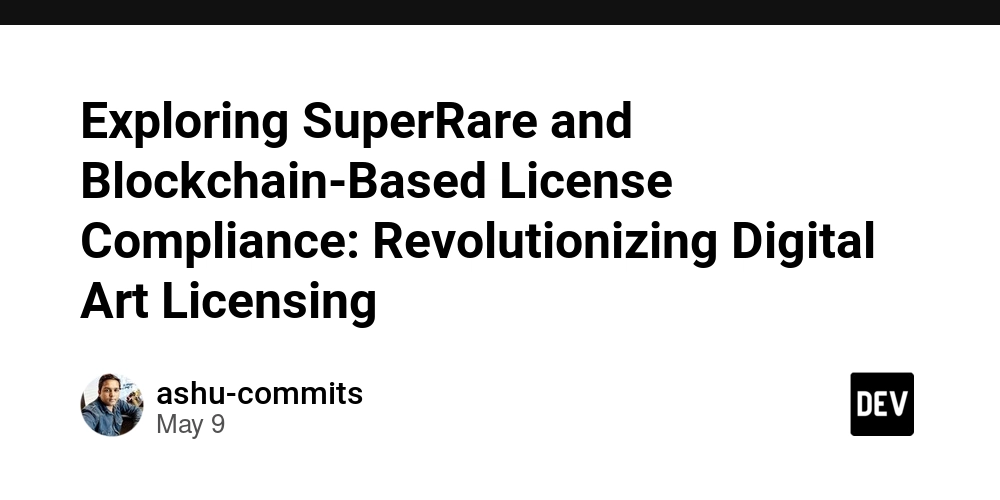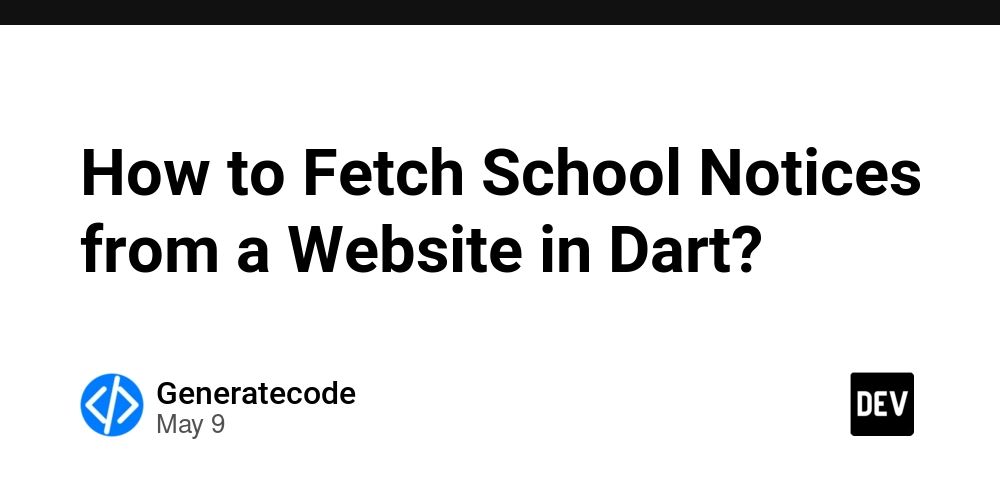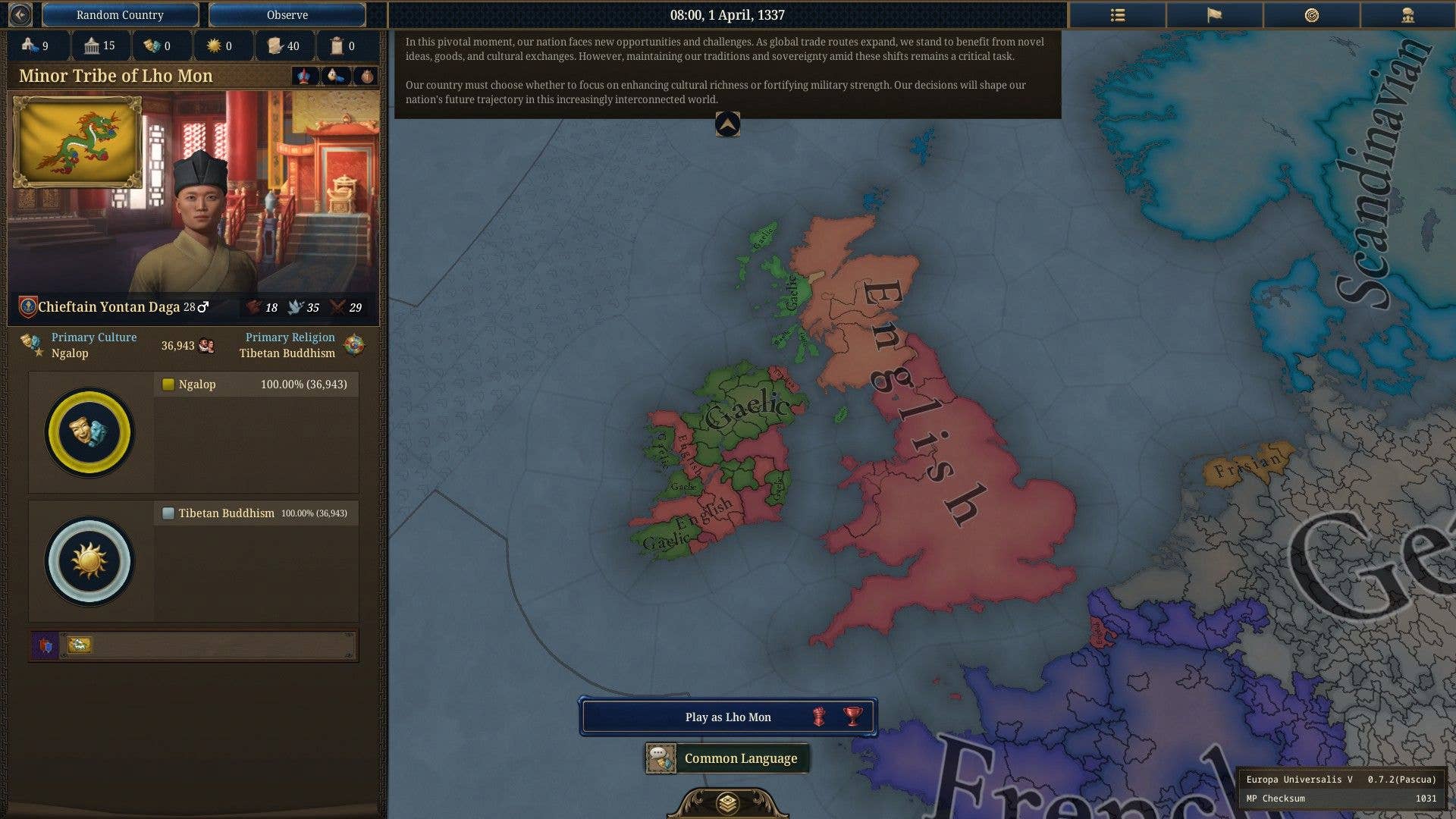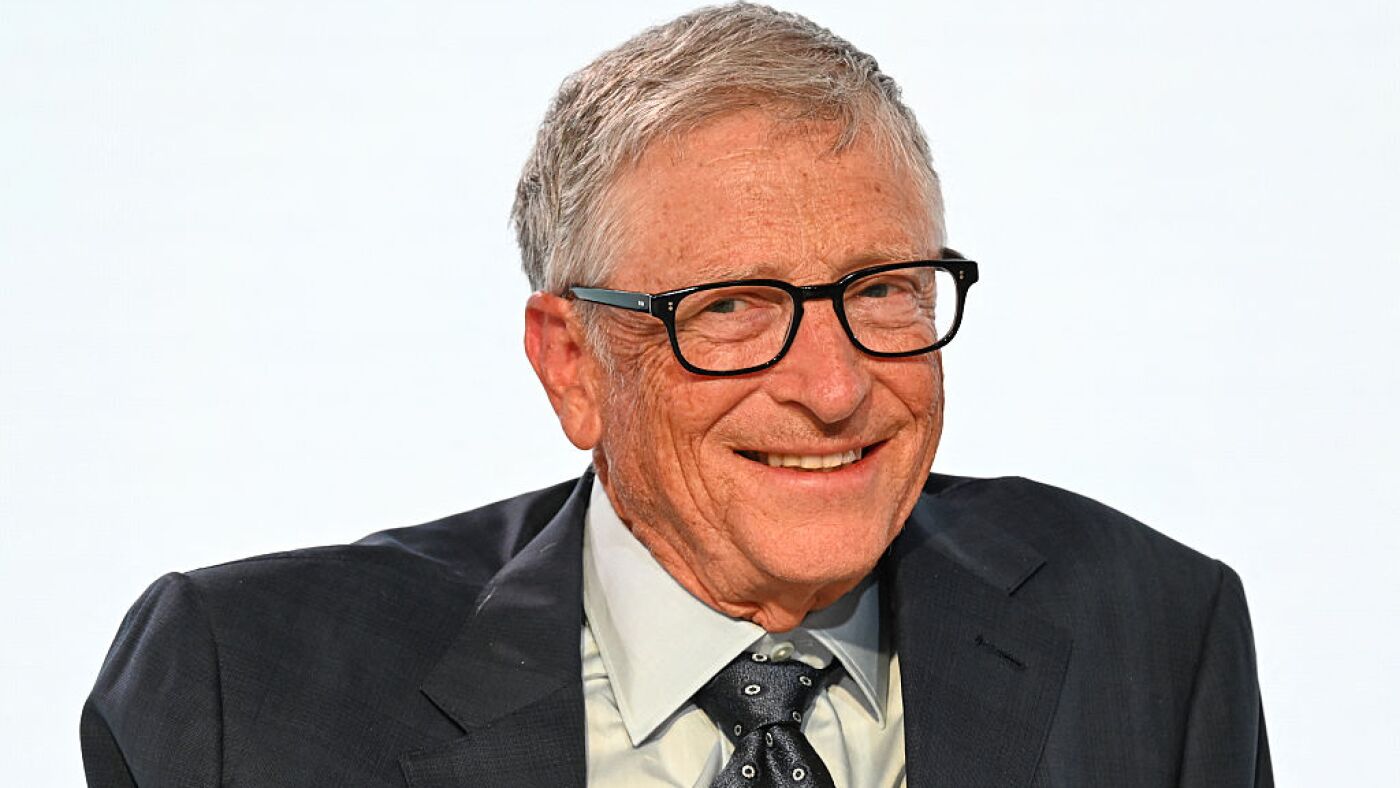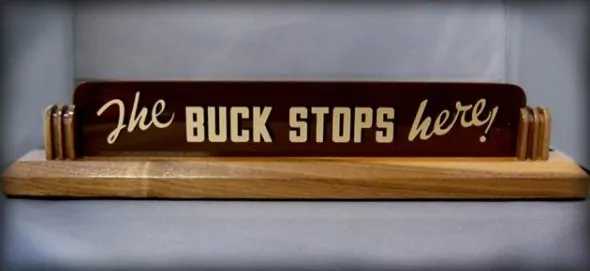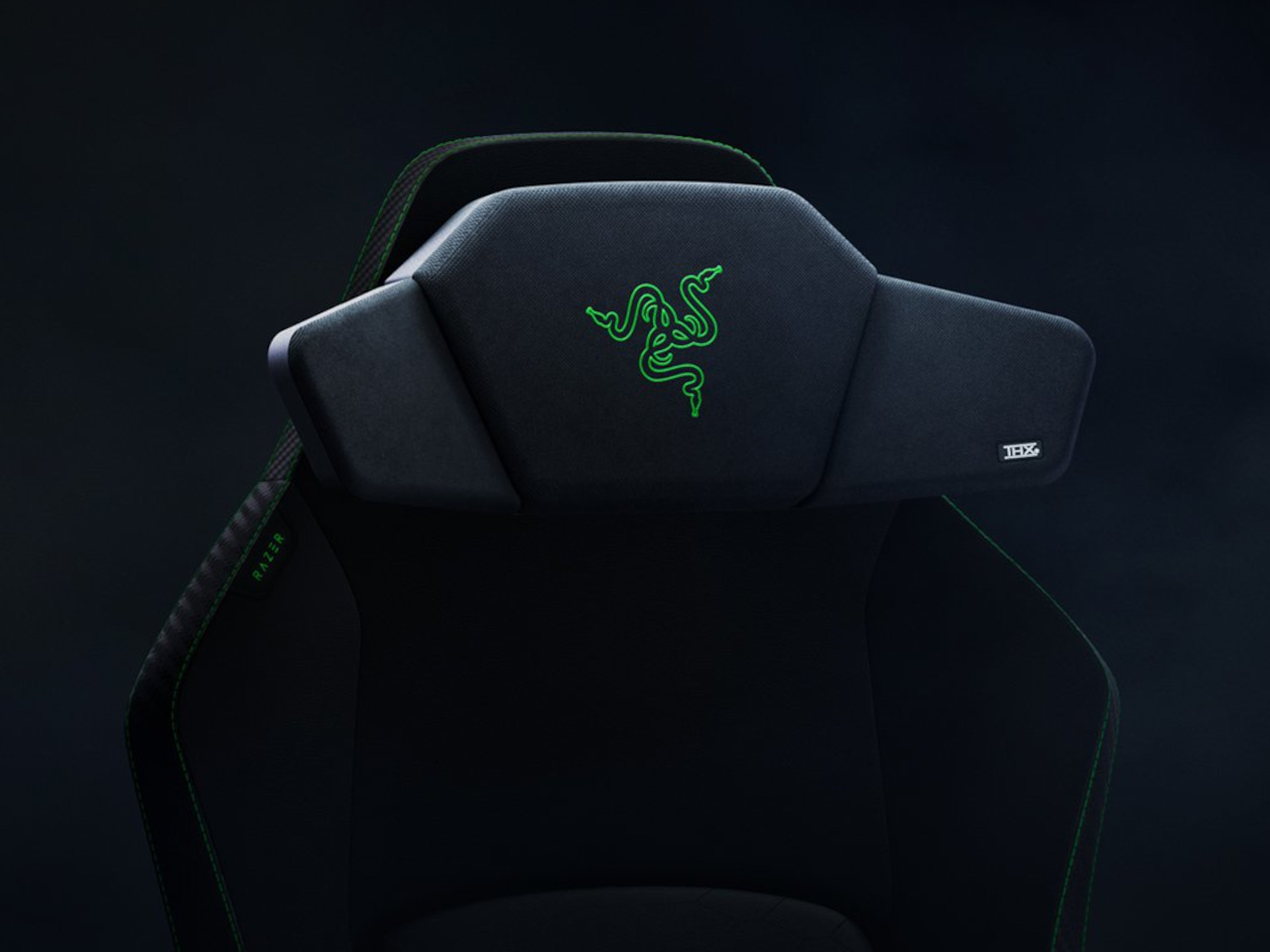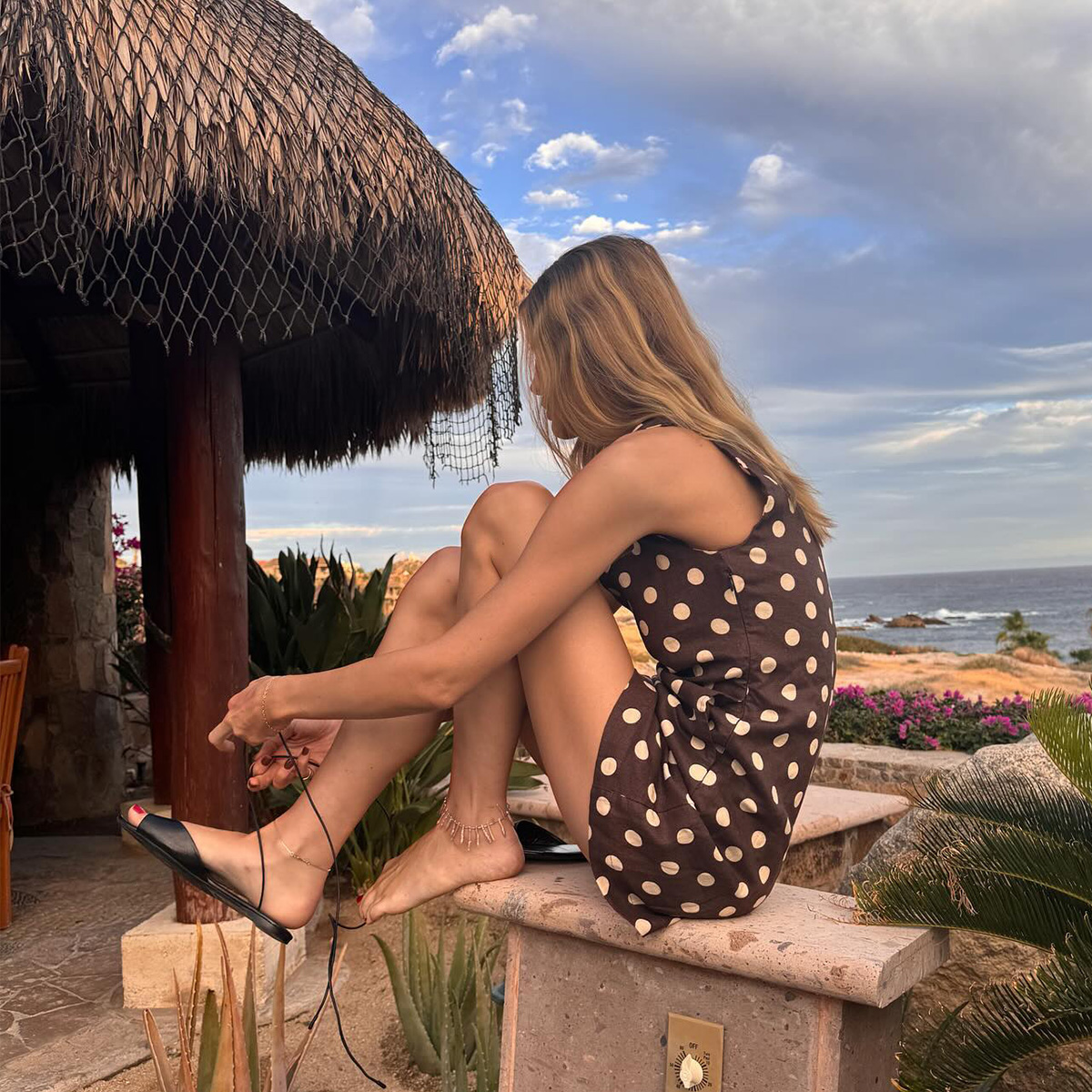Report: President Trump plans to create college sports commission
Will the players have a real voice in efforts to "fix" college sports?

College sports needs to clean up the mess it has made for itself. The White House apparently is prepared to supply the mop and the bucket.
Via Ross Dellenger of Yahoo Sports, President Trump plans to create a presidential commission on college athletics.
The forthcoming group, per the report, is expected to include "college sports stakeholders, prominent businesspeople with deep connections to college football and, perhaps, even a former coach and administrator."
Hopefully, the players whose earning potential is on the line will have a voice, too.
Still, executive action won’t cure the lingering antitrust issues inherent to the longstanding efforts by a large number of independent businesses to gather under the umbrella of the NCAA and artificially cap their labor costs. The group could, at most, work with Congress to create legislation that, if passed, would create a limited antitrust exemption to allow rules regarding transfer rights and/or compensation.
The broader question becomes whether college sports deserves what would amount to a very specific type of governmental bailout, especially if it unfairly impacts the players. Instead of giving the various universities money, Congress would be providing a license to restrict the freedoms of the players. Freedoms that have been earned through the judicial branch's consistent application of the antitrust laws in a way that has created flexibility for players to make as much money as the market will bear for their efforts.
While the members of the commission aren't yet known, our guess is that former Alabama coach Nick Saban will end up smack dab in the middle of it. He's been whining about NIL from the get-go, mainly because he knew the Crimson Tide would be drowning in red ink if/when it had to compete with schools having far more cash at their disposal.
If Saban is involved, the inevitable conclusion is that the players will be financially kneecapped.
Attorney Steve Berman, co-lead counsel in the massive pending class action that has targeted years of antitrust violations, recently took aim at Saban's longstanding efforts to pick the pockets of the players.
“While he was a coach, Saban initially opposed NIL payments to athletes, pushing to add restrictions and red-tape through national legislation to add ‘some sort of control,'" Berman said. "During his time scrutinizing the athlete pay structure, he made tens of millions of dollars and was previously the highest-paid coach in college football.
“Coach Saban and Trump’s eleventh-hour talks of executive orders and other meddling are just more unneeded self-involvement. College athletes are spearheading historic changes and benefitting massively from NIL deals. They don’t need this unmerited interference from a coach only seeking to protect the system that made him tens of millions.”
Saban's current role at ESPN creates a similar incentive. When it comes to televising college football, ESPN dominates the landscape. ESPN surely prefers parity and competition, with as many teams as possible in contention for a championship. With fewer and fewer elite teams, college football season becomes more and more predictable and boring — and the viewership for plenty of games will be much lower than it could be if there was balance in the distribution of talent.
At a time when many Americans are making unrestrained millions without efforts by the government to restrict their earnings, the overriding goal of the presidential commission could be to put a phony cap on what players are able to finagle for themselves, all in the name of saving college sports from the problems the colleges created and maintained until the judicial reckoning arrived, and the colleges were left to scramble for a solution the antitrust laws won't allow. (Unless and until they create a nationwide union.)
Here's the best way to prove that prediction wrong. Put someone like Berman or Jeffrey Kessler (or both) on the commission, so that all stakeholders will be heard and involved in the process of finding a solution that works not only for the colleges but also for the college athletes.

















